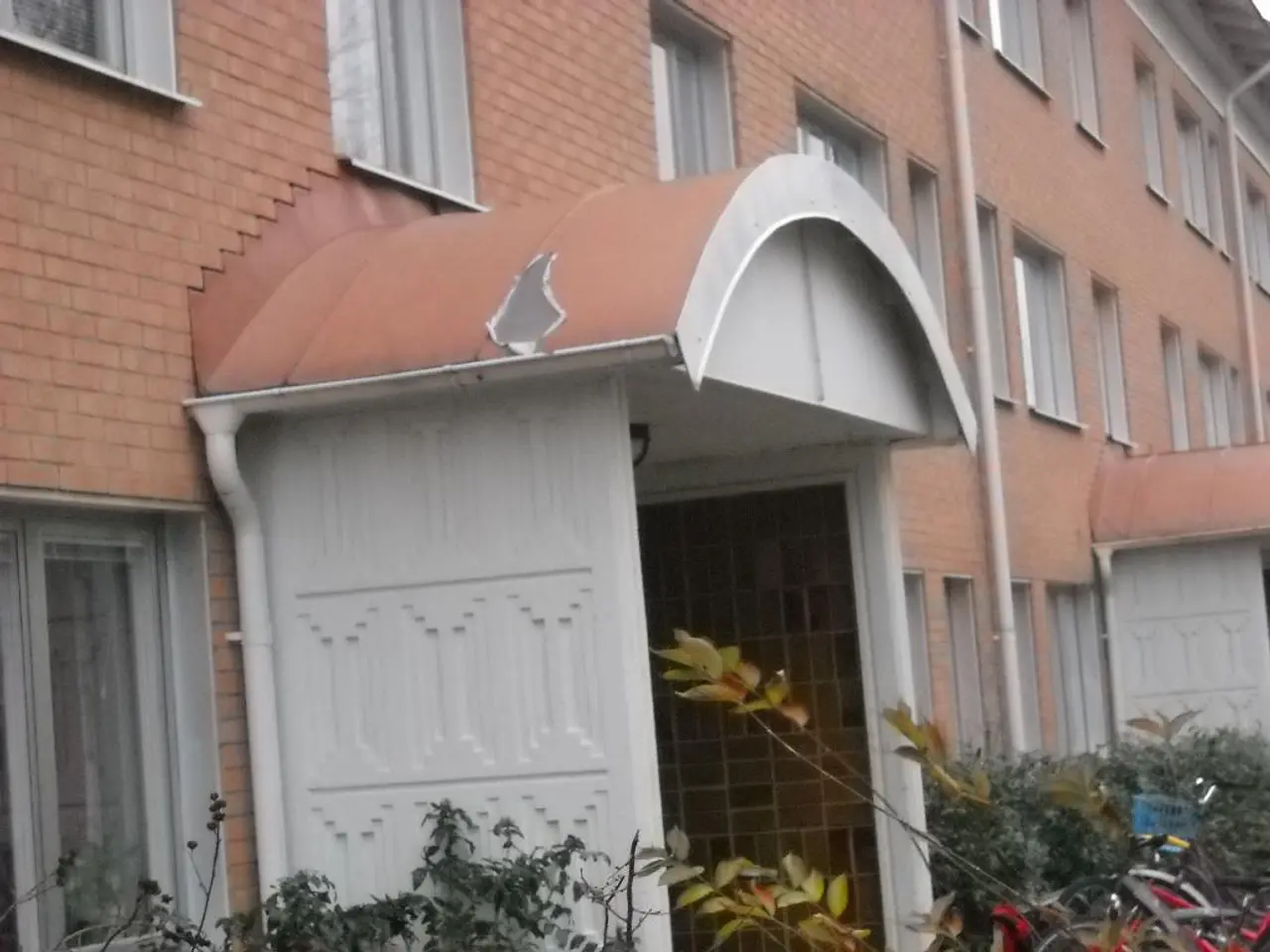Demonstration of Effective Climate Protection Strategies Through the Industrial Agreement in NRW
In a bid to combat climate change and achieve climate neutrality by 2045, the state of North Rhine-Westphalia (NRW) has launched the Industry Pact for Climate Neutrality and Competitiveness. This initiative, launched by NRW Minister of Economics Mona Neubaur in late 2022 under the black-green state government, aims to support small and medium-sized enterprises (SMEs) in transitioning to climate-friendly production methods while maintaining their economic strength in the region.
The Industry Pact emphasizes several key areas. It seeks to support SMEs in adopting sustainable and climate-friendly production processes to reduce carbon emissions. The pact also aims to facilitate the expansion and integration of green technologies within the industrial base of NRW. Furthermore, it ensures the competitiveness of industries amid the transition by balancing environmental goals with economic viability.
To achieve this, the pact creates tailored frameworks and incentives for SMEs to innovate and invest in low-carbon technologies as part of the regional climate action plans. The overall goal is to enable a just and feasible transition for SMEs, helping them adapt their manufacturing and operational processes to meet the ambitious climate neutrality target of 2045.
NRW's Industry Pact aligns with broader European and German commitments to climate neutrality and sustainable economic transformation. While specific details about the exact mechanisms or programs under this pact were not detailed in the available sources, it reflects NRW’s role as an industrial heartland aiming to lead by example in the green transition.
One company leading the way in this transition is Portland Cement Wittekind, a family-owned medium-sized company. Since 2022, the company has been generating around 8,000 MWh of electricity annually using six ORC modules from waste heat, which corresponds to approximately 10% of the electricity required for cement production. The company is also implementing measures for CO2 reduction in its production process, including the production of clinker-efficient cements to reduce the carbon footprint.
The production of cement and concrete is particularly concerned about defossilization due to its high greenhouse gas emissions. The Industry Pact provides a Transformation Roadmap, offering practical assistance for small and medium-sized enterprises to transition to climate-friendly production. Companies are expected to decide on a selection of optimized concepts by 2025-2027 and report full implementation by 2045.
Climate protection is not an optional addition, but a necessary part of industry operations, according to Neubaur. She also stressed the importance of the federal government and Europe being "on board" during the transformation of industry for climate protection.
The Industry Pact also addresses the challenges in emission accounting due to bureaucracy and skills shortage, particularly in the collection of Scope-3 emissions. VDMA, the German Engineering Federation, demands a Europe-wide, free database with standardized emission factors to address these challenges. Around 55% of VDMA members nationwide have recorded their CO emissions, with the main drivers being regulatory requirements and customer demand.
NRW Minister President Hendrik Wüst has criticized plans to reduce electricity prices, stating they breach the coalition agreement's economic policy promises. CO2 capture using membrane technology has been tested since 2024, with the captured CO2 to be made available to the chemical industry.
As the Industry Pact is part of NRW's broader strategy to expand green technologies and support industries, particularly SMEs, in transitioning to climate-friendly production methods by 2045, more detailed or official descriptions can be found in NRW government publications or official climate strategy releases.
- The Industry Pact in North Rhine-Westphalia (NRW) encourages small and medium-sized enterprises (SMEs) to embrace sustainable and climate-friendly science, particularly in the field of environmental-science, to reduce their carbon footprint.
- Renewable-energy is a key focus of the Industry Pact, with the aim to integrate green technologies within NRW's industrial base, facilitating the production of energy from sources like waste heat.
- The Industry Pact offers tailored frameworks and incentives for businesses in finance, business, careers, education-and-self-development, and personal-growth sectors to innovate and invest in low-carbon technologies.
- Climate-change is a critical concern for industries worldwide, including the production of cement and concrete, which the Industry Pact addresses by providing a Transformation Roadmap for SMEs to transition to climate-friendly production methods.
- The Industry Pact recognizes the challenges in emission accounting, such as bureaucracy and skills shortage, particularly in the collection of Scope-3 emissions, and emphasizes the need for a Europe-wide, free database with standardized emission factors.
- The Industry Pact aligns with broader European and German commitments to climate neutrality and sustainable economic transformation, positioning NRW as an industrial heartland aiming to lead by example in the green transition, ensuring the growth and competitiveness of industries while protecting our environment.




